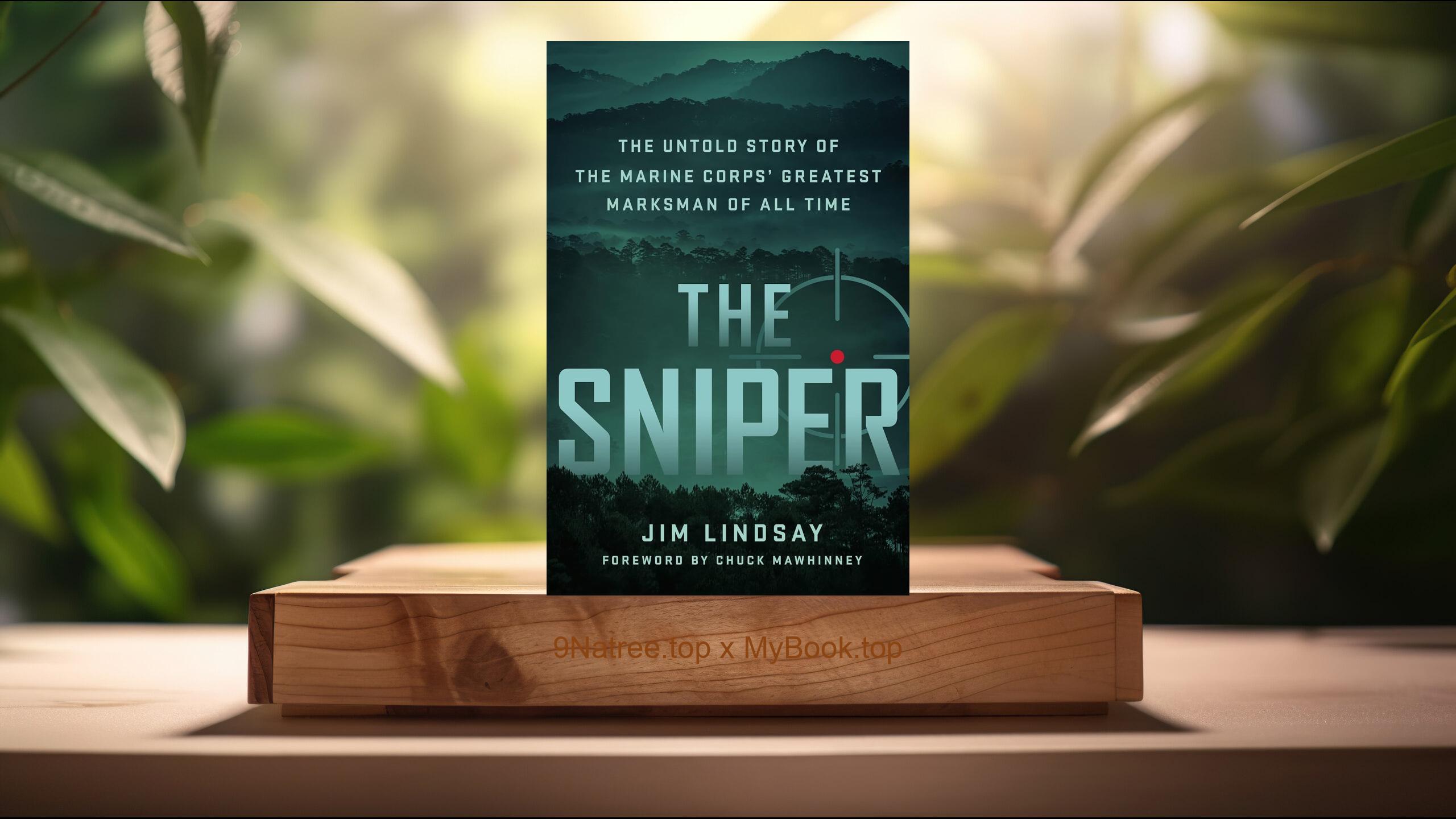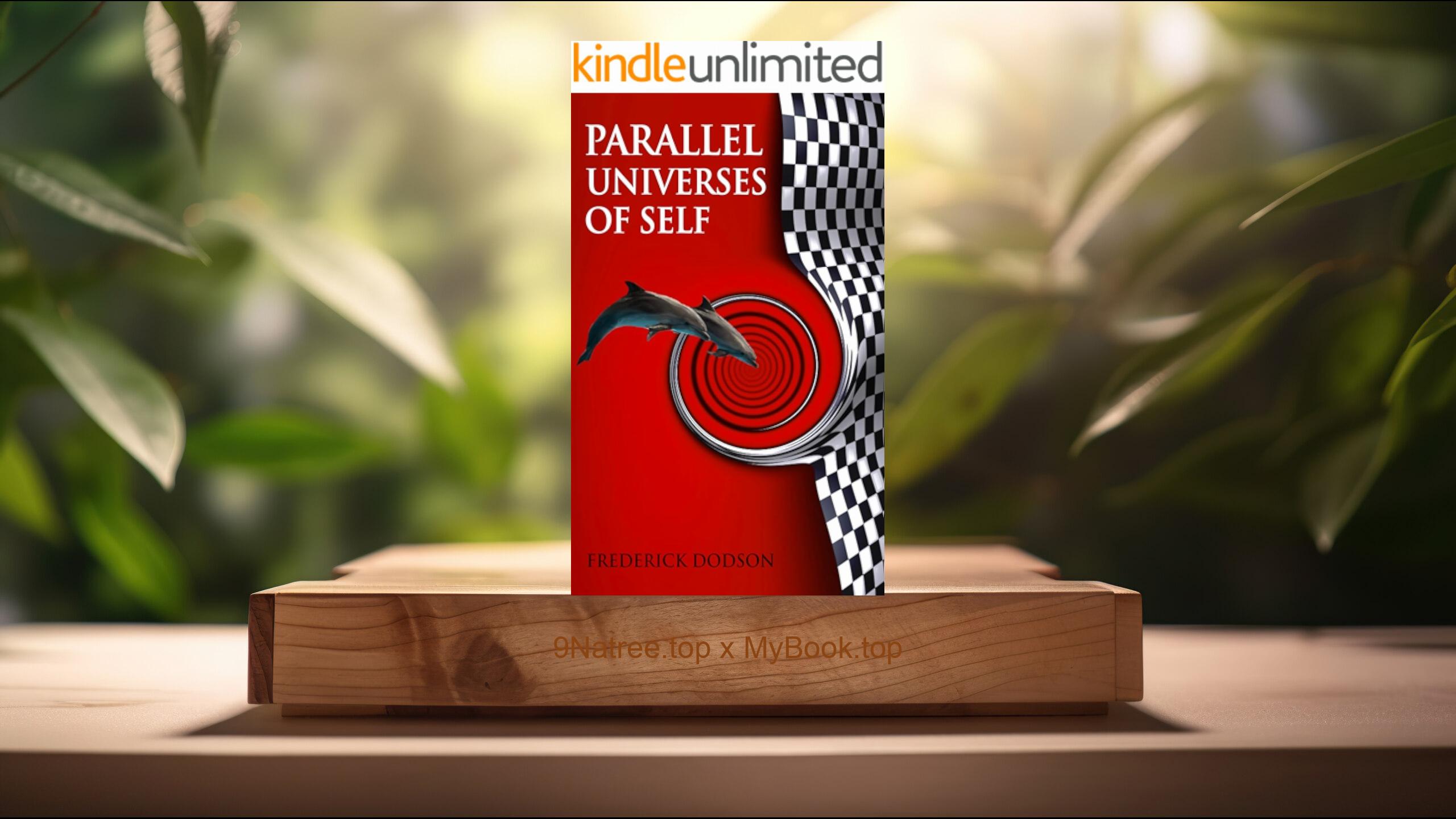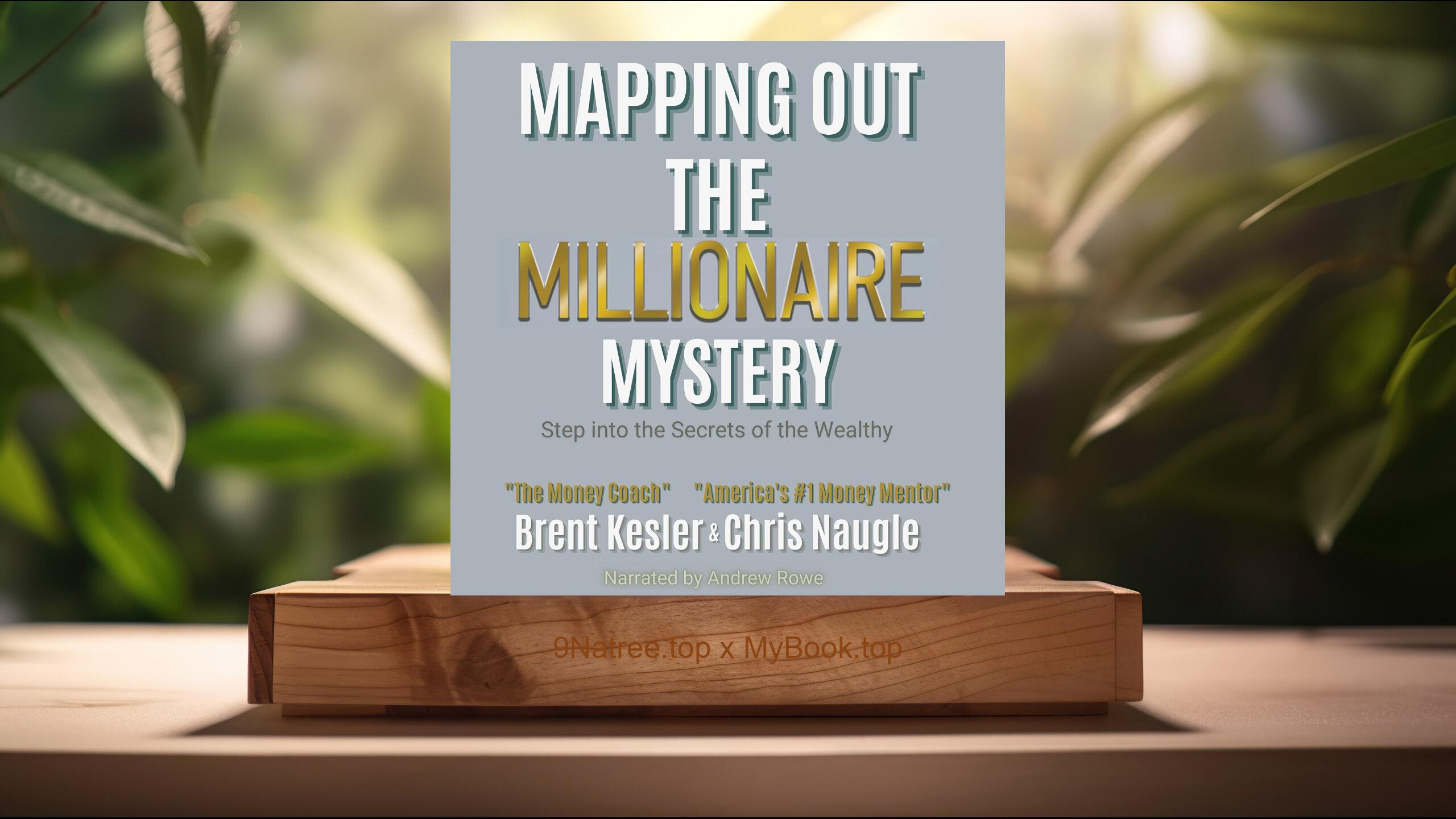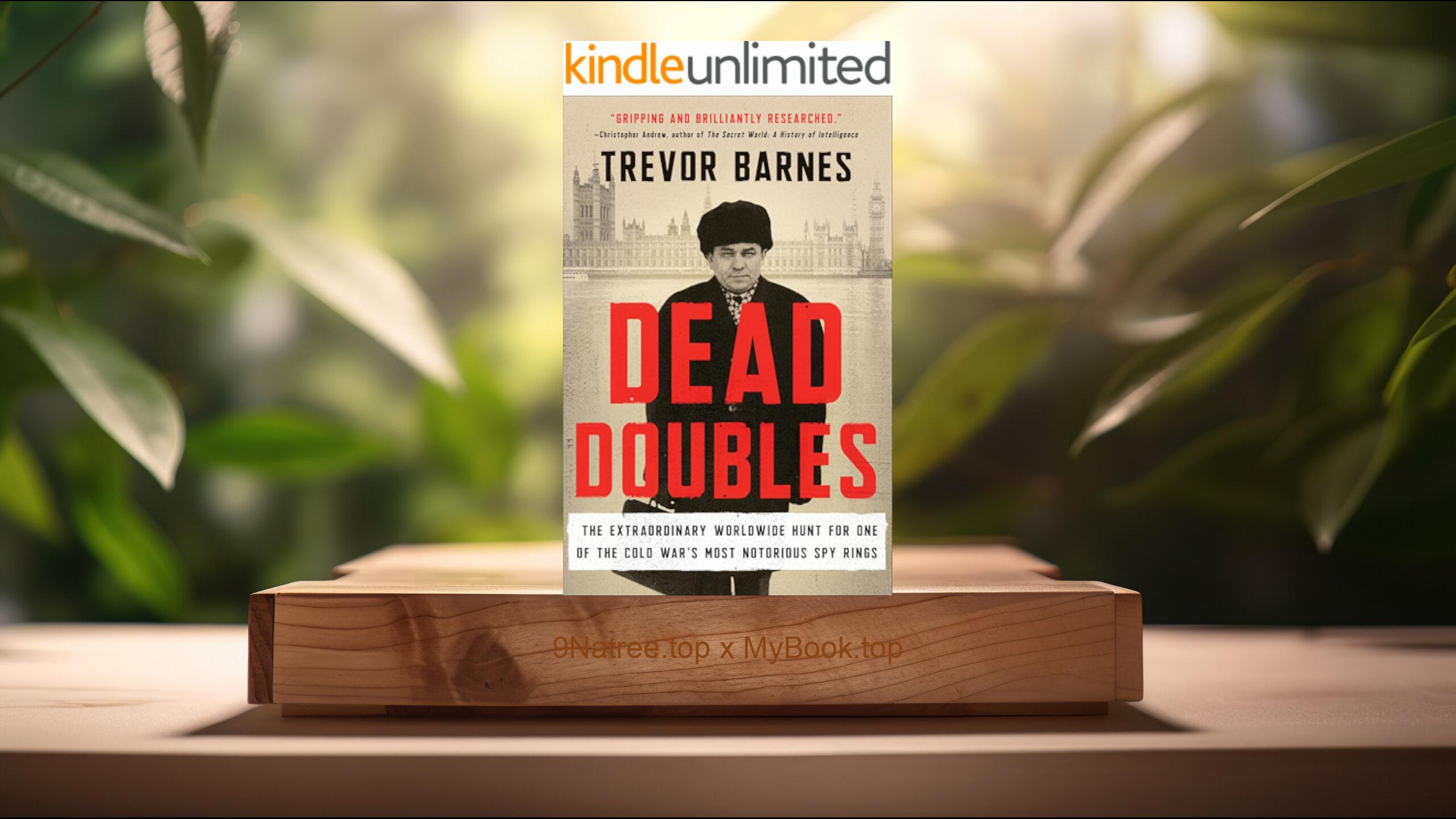Show Notes
- Amazon USA Store: https://www.amazon.com/dp/B01KGZVT62?tag=9natree-20
- Amazon Worldwide Store: https://global.buys.trade/Cork-Dork-Bianca-Bosker.html
- Apple Books: https://books.apple.com/us/audiobook/cork-dork-a-wine-fueled-adventure-among-the/id1417818679?itsct=books_box_link&itscg=30200&ls=1&at=1001l3bAw&ct=9natree
- eBay: https://www.ebay.com/sch/i.html?_nkw=Cork+Dork+Bianca+Bosker+&mkcid=1&mkrid=711-53200-19255-0&siteid=0&campid=5339060787&customid=9natree&toolid=10001&mkevt=1
- Read more: https://mybook.top/read/B01KGZVT62/
#wineculture #sommeliers #tastescience #sensoryexperience #wineenthusiasts #CorkDork
These are takeaways from this book.
Firstly, The World of Sommeliers, One of the primary focuses of Cork Dork is the deep dive into the world of sommeliers. These professionals are often perceived as mere staff that recommend wine in upscale restaurants. However, Bosker reveals that becoming a certified sommelier is an arduous journey that requires a blend of science, art, and sheer dedication. Sommeliers possess a sophisticated palate that allows them to distinguish subtle notes and flavors in the wine that most people would miss. Her exploration begins in earnest when she enrolls in a wine course, immersing herself in intensive education about the history, production, and nuances of wine tasting. Bosker introduces us to wine-tasting techniques, aroma analysis, and the rigorous process of blind tasting that sommeliers undergo. Her journey also unveils the rigorous competitions and certifications aspiring sommeliers must navigate to earn respect in their field. This topic illuminates the unseen effort and precision involved in mastering the art of wine, while also examining the culture, camaraderie, and sometimes cutthroat nature of this world, revealing it to be both a science and an art form.
Secondly, The Science Behind Taste, A fascinating theme in Cork Dork is the exploration of the science behind taste and how it shapes our experience of wine. Bosker investigates the physiological and psychological elements that influence our perception of flavors. Throughout her journey, she delves into how taste works, interacts with our brain, and even how our emotions can alter our taste experiences. The book explains the roles of the tongue, taste buds, and olfactory senses in the tasting process, offering insights into how complex and nuanced our flavor perceptions truly are. Bosker meets with various researchers and rogue scientists who are dedicated to unraveling the mysteries of taste, including studying how elements like aging, glassware, and even room ambiance can affect wine tasting. This section of the book not only educates readers on the mechanics of tasting but also invites them to appreciate the profound impact of psychological factors on their sensory experiences, opening their eyes to the rich tapestry of what it means to truly taste.
Thirdly, The Culture of Wine Enthusiasts, Bosker's narrative takes the reader into the rich and varied culture of wine enthusiasts, including big bottle hunters and collectors who devote their lives to acquiring the finest vintages. These characters live in a world dominated by prestigious wine auctions, rare vintages, and high-stakes investments, where a single bottle can reach astronomical prices. The author takes a critical yet fascinated look at how wine represents both a passion and a status symbol for these individuals. This topic explores how wine enthusiasts cultivate vast collections and how their passion for wine is often about more than mere consumption. For them, it's about the story behind each bottle, the historical and geographical journey it represents, and the quest for a perfect moment of taste. This cultural examination reveals the multifaceted relationship people have with wine, highlighting both the extraordinary lengths people will go to for their love of wine and the sometimes obsessive nature of this pursuit.
Fourthly, The Sensory Mastery Journey, Bosker's own transformation is a central theme of Cork Dork, portraying her transition from an amateur with a simplistic understanding of wine to a discerning connoisseur capable of identifying the intricate details in a glass of wine. Her personal journey is woven throughout the narrative as she describes the methods she uses to hone her sensory skills. Through countless hours of practice, attending numerous tastings, and learning from seasoned sommeliers, Bosker details the hard work and dedication necessary to develop a sophisticated palate. She shares her experiences of both triumph and failure, allowing readers to appreciate the challenges and triumphs that come with such an undertaking. This journey is not merely about acquiring technical skills; it is about cultivating a new way of experiencing the world, one that demands mindfulness and appreciation for the subtleties of taste. By inviting readers to follow along on her transformation, Bosker demonstrates how anyone can embark on a similar journey of sensory discovery and appreciation.
Lastly, Living for Taste, Beyond the technical and cultural aspects of wine, Cork Dork ultimately presents a broader lesson about the pursuit of sensory and experiential richness in one's life. Bosker encourages readers to approach life with a sense of curiosity and to cultivate a deeper appreciation for the simple pleasures, like those found in a glass of wine. This philosophy extends beyond just wine; it encompasses a larger ethos of living for taste in all areas of life. Through Bosker's adventure, she challenges us to slow down, engage our senses more fully, and embrace the world of sensory experiences around us. By doing so, we open ourselves up to a richer, more textured life. This holistic approach to tasting the world calls on readers to practice mindfulness, to savor rather than rush, and to open themselves to new adventures and perspectives. It's about finding joy in the simple yet profound sensory encounters that shape our everyday lives, transforming the mundane into something extraordinary.
![[Review] Cork Dork (Bianca Bosker) Summarized](https://episodes.castos.com/660078c6833215-59505987/images/2020014/c1a-085k3-7z3xzkm2hvgg-flons0.jpg)




